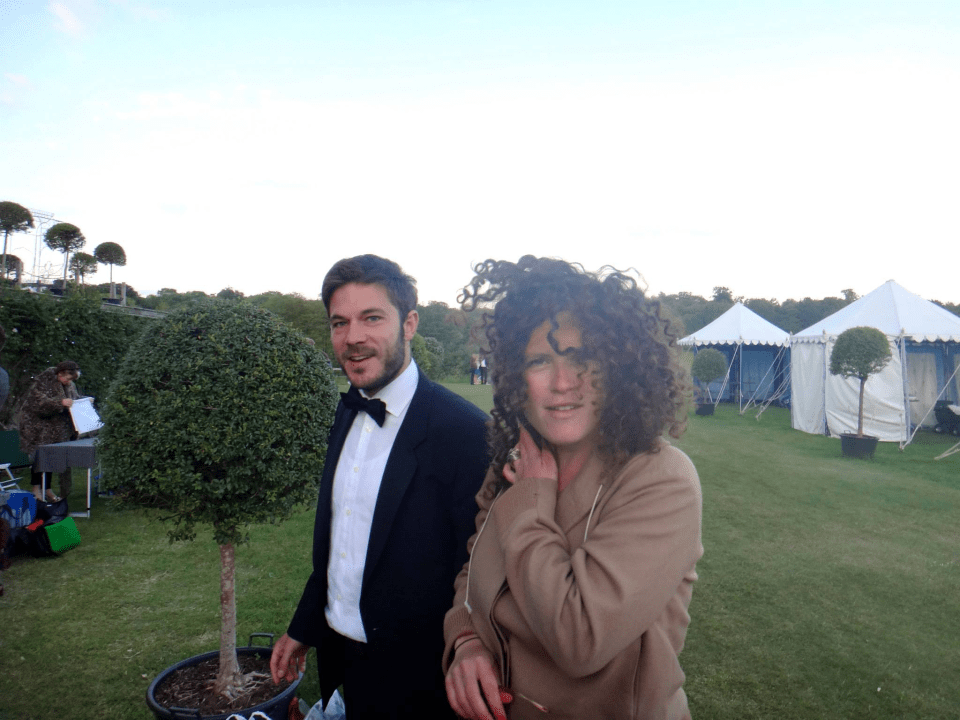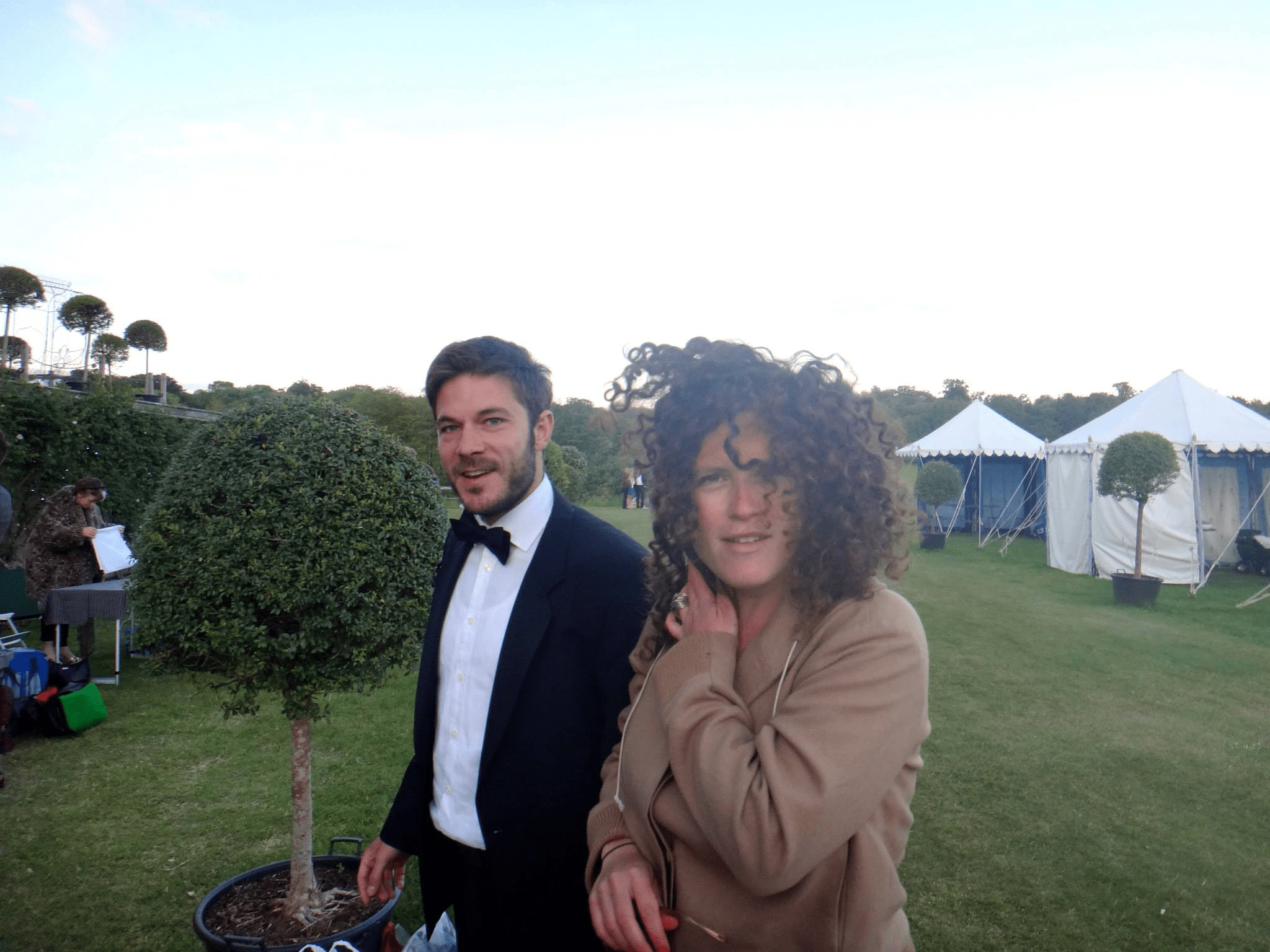My annus horribilis was 1992. I was in fifth grade (aged ten) and had impulsively cut my hair short over the summer. I turned up to school with auburn ringlets billowing out and up from my head in a wavy sphere. Boy did it get the boys going: constant insults, including ‘Ronald McDonald’ (McDonalds’ clown mascot, known for his garish red hair), and heckling with the curiously racist insult ‘electric Afro woman’, shortened to ‘Zofro’. There was no laughing this off: it was a barrage, which came with volleys of burrs thrown at my hair and other projectiles. Only physical violence, months in, quietened it down: I had to kick a shrimpy but tenacious tormenter to the floor of the school bus.
Have I ever brushed my hair? Ever washed it? Why would anyone want to listen to a woman with such ‘awful’ hair?
I had the last laugh. Some of my worst bullies later cultivated curly locks (one became a bouncy-haired mime) while within ten years half were balding. My hair went on to garner compliments from strangers in the street, blessings in India from mothers holding infants and fascination from those I encountered in Africa and Asia. And it was my hair that drew men with lascivious intent – many men’s hands have clawed its thick, slightly matted curls, fascinated and delighted. Most of my boyfriends have said it was my hair that drew them to me. My luxuriant golden-red barnet has put friends and admirers alike in mind of ‘flames’, ‘copper cloud’ and even that delicious word ‘goddess’.
In December, on a solidarity trip to Israel and about six months pregnant, I paid a visit to my Tel Aviv hairdresser, Zohar, whom I have patronised for more than a decade. I told him to do something drastic: I felt encumbered and wanted a sense of cool air and lightness. I thought that by trimming my hair so that my neck was free I could achieve what, in fact, only a rigorous postpartum exercise and diet plan could do.
It was drastic alright, and just like in fifth grade it has also riled the boys. Appearing on TV panels since the haircut, I have been amused to see that old barrage of insults directed at my hair.
If phase one (age ten) was childish ridicule, and phase two (22-41) was attraction and passionate fascination with sexy, unusual and flowing locks (if I may), then phase three seems to be fury. Many older men seem struck by my hair, considering it unkept and therefore rudely insulting to their idea of what a woman ought to look like.
Have I ever brushed my hair? Ever washed it? Why would anyone want to listen to a woman with such ‘awful’ hair? Do birds live in it? They reminded me of things my mother has said to me over the years – having grown up in an era where women, if they wanted to be seen, let alone heard, had to make sure their hair, like much else, was tamped down and brutally contained. My hair is always clean – I’m a daily washer, which is more than most, but I confess I stopped brushing it about 30 years ago. Brushing creates sheets of frizz, and nobody finds that sexy. Though it might be more soothing, in a mumsy way, for my internet hair haters.
I have other theories for why my hair – in its current awkward, slightly post-natal state – makes men so angry. Of course, for all the loosening in grooming expectations 40 years after feminism, some men still hate what they see as an undergroomed woman. Hair in particular is upsetting. How dare she go out and say things in public when her hair is short and a bit wild?
I fear it is to do with their own follicular insecurity. As Bald: How I Slowly Learned To Not Hate Having No Hair, a new memoir by Stuart Heritage makes clear, male pattern baldness can be a slow and tragic process, pulverising a man’s self-esteem and a spectre he fears his whole adult life. Lose your hair? Lose your virility. Or so many men seem to think. When they see a woman with a shock of hair that she has no chance of losing to baldness genes, it irks them that she’s not forcing it to behave. The world may have moved on since 1992, but the men decrying my short and crooked hair now may have not.








Comments